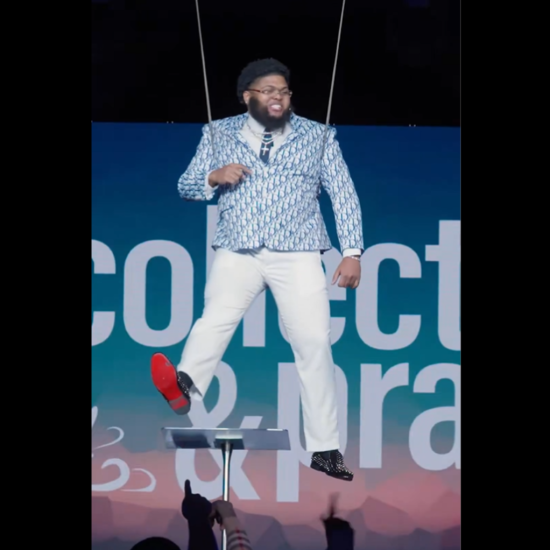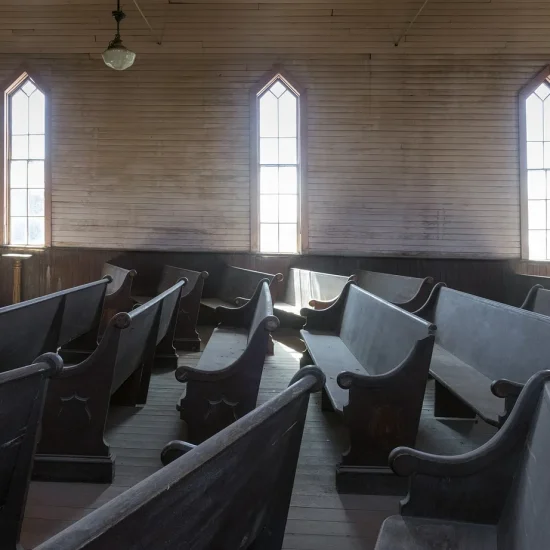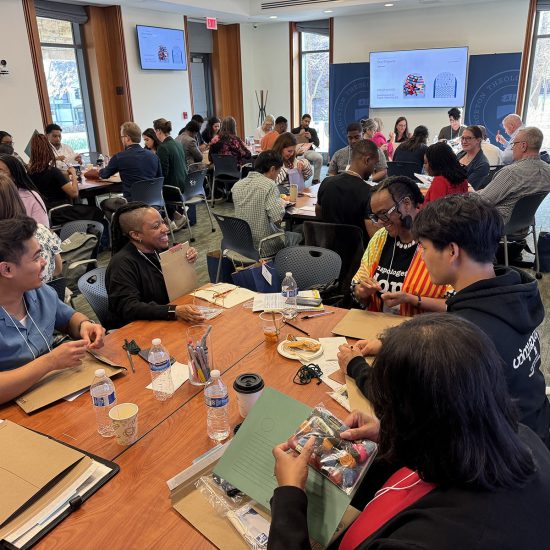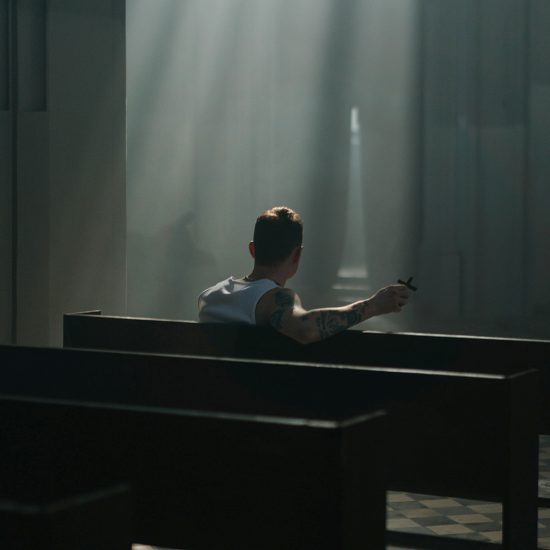Most Haitians shun a child who has lost an eye — a thought that haunted iTeam members for a year.

Carolyn O’Neill visits with a patient at a mission eye clinic in Haiti. The ocularist creates prostheses for those who lose an eye to disease or injury. (Photo courtesy of Carolyn O’Neill)
|
The iTeam is a group of eye-care professionals who minister in Haiti a couple of times each year. A few years ago, a little girl lost an eye. During a February trip, a Missionary Aviation Fellowship pilot, convicted that team members needed to help her, led a search for her.
After a three-day hunt, volunteers found the child, and ocularist Carolyn O’Neill ministered in the way she does best — creating a prosthetic eye.
Originating in Kansas City, the iTeam draws ophthalmologists, optometrists, nurses and technicians from around the U.S. to do eye clinics in Haiti. A few years ago, the group approached the American Society of Ocularists to enlist one or two of its members.
“As far as we know, there are no ocularists in Haiti,” O’Neill, an ASO past president, said.
Several of her friends had gone and encouraged Carolyn to take that step. “It was not anything I actually thought I would do,” she admitted.
She hesitated because she had heard that the trip could be difficult. In 2012, she mustered the courage and allowed the people and the work to capture her heart. She made another trip this year.
The team flies to Haiti in pairs. They fly to Port-au-Prince, Haiti. From there, they fly into a small airport at Port-de-Paix, and then are transported to Northwest Haiti Christian Mission in St. Louis Du Nord.
Team members set up two operating rooms. Nurses and technicians see patients to determine necessary treatment, and then perform procedures. If a patient needs a prosthesis, he or she is sent to the ocularists, who measure and take necessary information to create the eye that, generally, is placed later.
“We place a temporary eye if their eye has to be removed right then,” Carolyn said.
Team members usually attend a local church on the Sunday they are in country and make a couple of side trips. They have gone to the jail and distributed food and water, and sometimes do eye clinics.
Team members pray with patients when they come into the clinic and before surgery. The ocularists also pray with those they serve. The team also has a devotional time each day.
Though she sort of fell into her career, O’Neill believes God directed her to it. A member of Kirkwood Baptist Church in Kirkwood, Mo., since she was 13 years old, she met Keith and Joan Stockburger there. Stockburger’s aunt was an ocularist and branch manager of one of the oldest eye-making firms in the U.S.
Because the couple thought Carolyn would be a “good fit” in the profession, Stockburger told O’Neill his aunt was looking for a new employee. “It was a whole new world for me,” O’Neill said.
Carolyn had been working for an oral surgeon but, intrigued by the ocularist’s firm, she applied. Her college degree and her “face time” with dental patients landed her a three-month trial. “I felt then as I do today that the opportunity opened up because God had his hand in it,” she said.
Ocularists learn the craft of fitting, shaping and painting ocular prostheses as an apprentice. Although no laws govern ocularists in most states, the National Examining Board of Ocularists can certify practitioners. The American Society of Ocularists has 350 members worldwide, with about 150 of those board certified.
To remain an apprentice after the three-month trial, O’Neill committed to a five- to seven-year stint with the firm.
Twelve years ago, she bought the business, Mager and Gougelman. A social worker sees patients three days each week, and O’Neill’s sister handles nursing duties. Being an ocularist “has been a wonderful experience,” Carolyn said.
Married 45 years, Carolyn has a son and daughter. Her son-in-law apprenticed with her to become an ocularist. Her son may accompany her to Haiti next February.
Church members have supported her efforts, too. Several contributed over-the-counter medications for this year’s trip.
Carolyn praises the Lord for her career. “It’s where God wants me to be,” she said.






